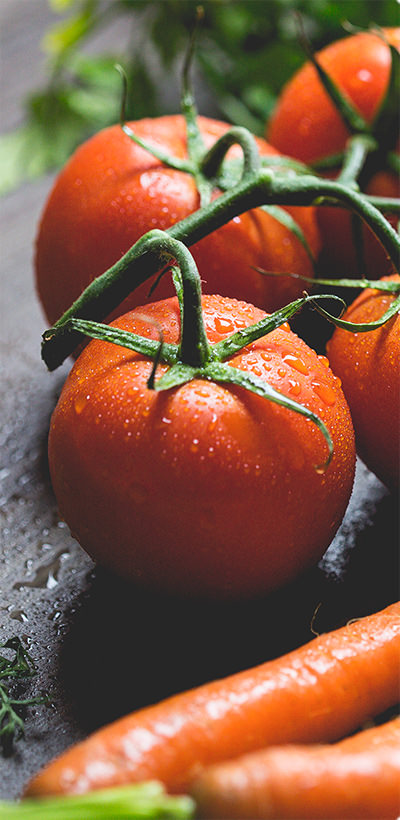Fuku Komachi Turnip
Slow to bolt. Fuku Komachi, defined as beauty and fortune, perfectly describes this pure white summer hybrid turnip. Thin skinned, globe shaped roots are quickly formed in cool temperatures, with best flavour when harvested at 2" diameter. No peeling required. Larger size roots can also be harvested at later maturity for cooking as it is slow to bolt and roots tend to lack pithiness. Matures in 40-45 days, Approx. 350 seeds/pkg.
Hakeuri-type turnips have become a favourite in many gardens across the country. These delicious young hybrid turnips were bred in Japan and now have become one of the easiest and earliest vegetables to grow. The flavour is sweet, delicate and mild but still has that natural earthy flavour of winter turnips that is so enticing. Young leaves are prepared just like spinach and can also be included in your favourite soup, stew or salad as a green.
Scroll down for more details and growing information.

Details
Growing Information
Planting:
Sow thinly 1⁄4 -1⁄2 inches deep. Space young plants to 4-6 inches apart in rows 24-30 inches apart. Sow seed as early as the soil can be worked for a mature crop for early market. For the main storage crop, plant in late June or early July, so that roots can develop in the cooler weather. Late plantings are less susceptible to root maggot damage. For an extra early crop, start indoors in April for transplanting in May.
Growing:
Full sun and soil pH of 6.5. Moderate feeders; require a deep, loose cultivated soil with medium water retention. Apply generously, compost and well-rotted manure prior to planting. Benefits from regular feedings with a compost tea or fertilizer with higher amounts of phosphorous and potassium for good root development.
Harvest:
Young, radish-size turnips in about 30 days, full size in 40-50 days. Roots are smoothest when small..
Pests & Diseases:
Clubroot can develop where turnips or cole crops have been frequently grown and will remain in the soil for 7 or more years. Clubroot thrives in acidic soil, keep the soil pH above 6.0. Practice good crop rotation. Root maggots can be avoided early in the season by covering plants with row covers.
Companions:
Onion family, pea.



